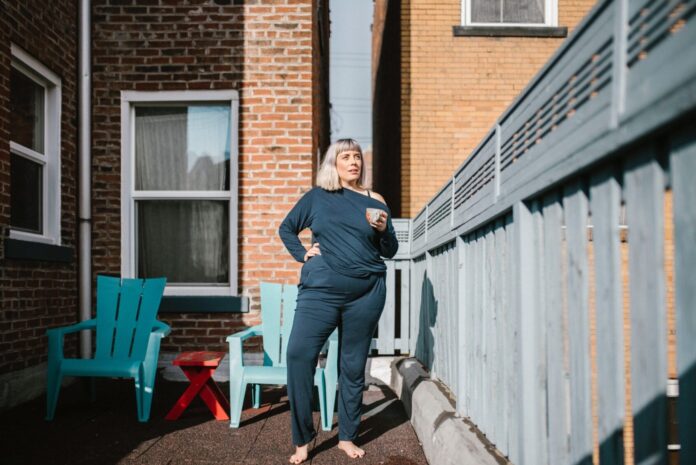Body Positivity & Speaking Our Truth
These days the term “body positivity” has become almost trite, a cliche, tossed about by companies trying to get you to buy their products, by clothing brands wanting accolades for modestly increasing the range of sizes they sell, by magazines with ‘plus-size’ models (who are still smaller than the average American woman). Body positivity has become less about radical acceptance of who you are, and more about capitalism and aesthetics.
Body positivity has its roots, though, in the fat acceptance movement in the 1960s, an activist movement trying to draw attention to the oppression and bias that fat people face in our culture. Our current body positivity movement has morphed and changed significantly since then, in many ways becoming more commercialized, but also broadening from being primarily about weight to also including other body-related issues.
Despite the ways that body positivity has been diluted from its activist roots, I would argue that we still very much need it. Not the version being fed to us by companies, but the version of it that stems from a radical acceptance of who we are, exactly as we are, in this very moment.
We need body positivity because I know that string cheese is 3 ‘points.’ I learned this from my daughter, who learned it from my mother. We need body positivity because of the six-year-old in my daycare classroom who told me she couldn’t eat a snack because she was on a diet.
We need body positivity because I used to do jumping jacks while eating, hoping to burn off calories. I used to sob on the couch because I was so hungry, but not allow myself even an apple because I’d already reached my allotted calories for the day. We need body positivity because there are far too many women with this same story.

We need body positivity because in most every movie or TV show I watch there are women hating their bodies and fat people being used as punch-lines. When I open social media I see advertisements promoting diet culture, memes mocking women’s bodies, and friends posting statuses about horrific words that were hurled at them while they were walking in the city.
We need body positivity because of all the times I stayed home because I felt ashamed of going out into the world with my walker. Because of black and brown women having to fight for their right to wear their hair naturally. Because of trans friends crying with every shower because of dysphoria. Because of my fat community being scared to go to the doctor because of the likelihood of being dismissed due to weight.
We need body positivity because the body – especially the woman’s body, the disabled body, the fat body, the body of color, the queer body, the trans body, the aging body – is political.
Just like the activist roots it came from, body positivity is political.
Body positivity isn’t just about learning to accept some love handles and the way you look in a swimsuit every summer. It isn’t just about deciding not to shave your legs or embracing your stretch marks.
Body positivity is about radically embracing a body, your body, which has been inundated with harmful shaming messages since the day it emerged into this world. It is about being compassionate and loving to all the facets of your physical existence, including (especially!) the ones you’ve been told are unlovable. Body positivity is about changing not only the way that we view ourselves, but the way that we view others, and the way the world views us.
Because every time we degrade ourselves, hate ourselves, silence ourselves, or shame ourselves, we become shadows of our authentic and true selves. And that is not why we are here.
We are here to be bold, to be strong, to take up space, to speak our truths.
And so I hope you will join me here, twice a month, to do just that – to slowly unravel the lies we’ve been told about our bodies, to unpack the shame we’ve carried with us, to support our selves and each other on this journey to radical acceptance.
Because we are not here to shrink ourselves; we are here to expand the world with our very existence.
By Angie Ebba





